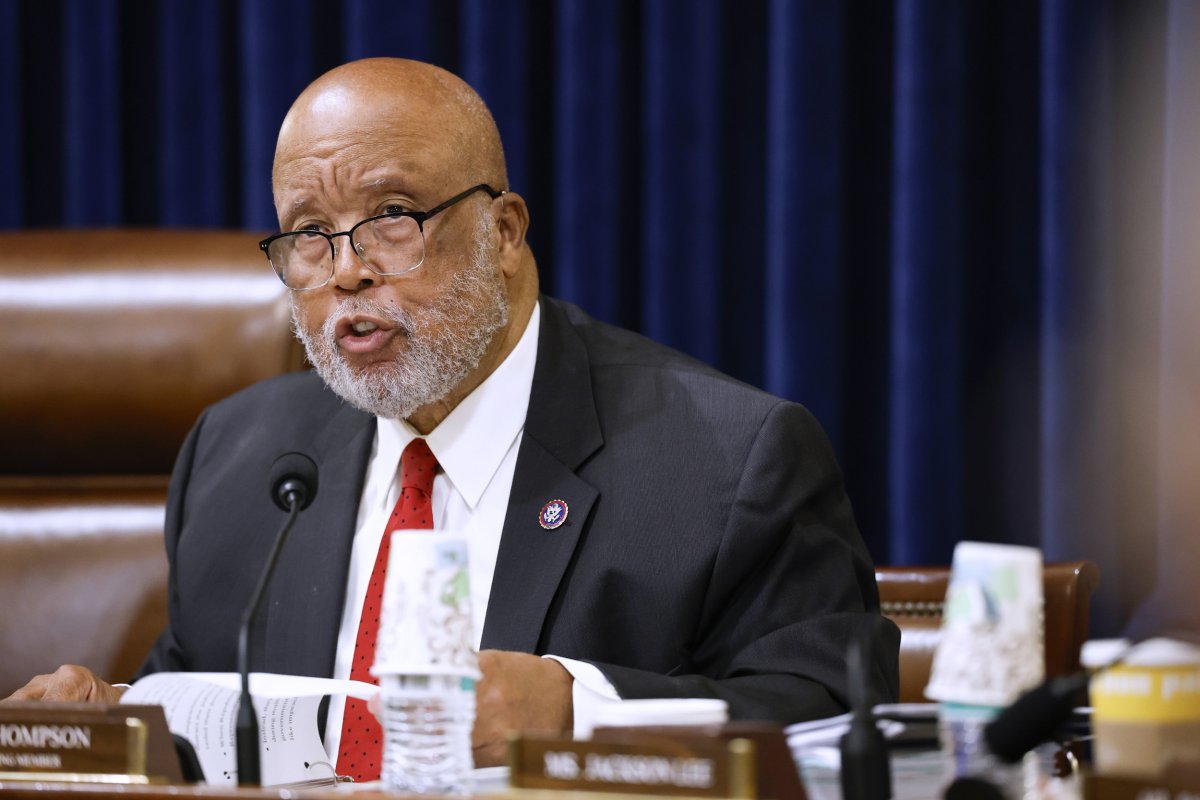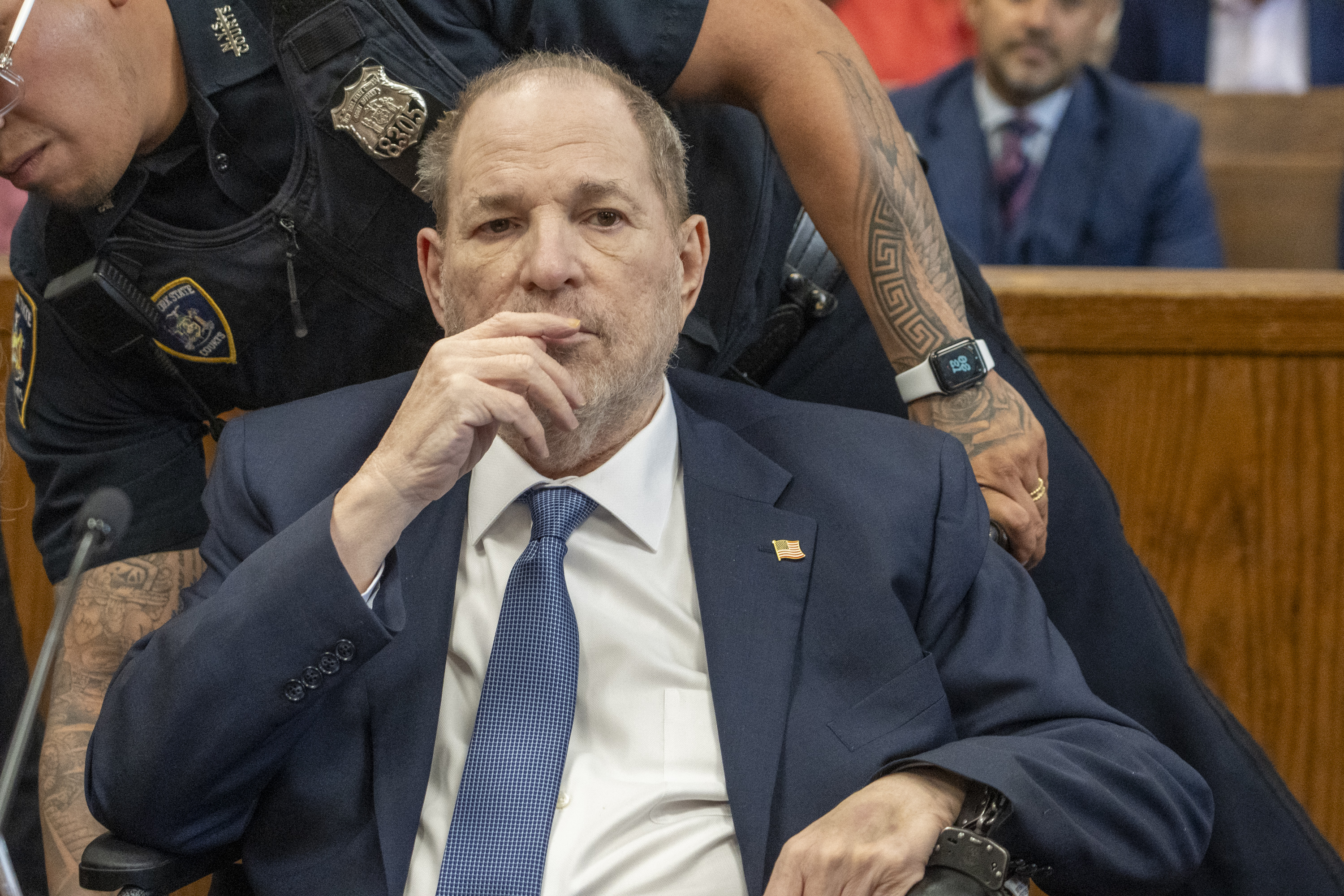A prominent House Democrat has introduced new legislation that would strip felons of Secret Service protection, specifically mentioning former President Donald Trump in case he's convicted in one or more of his criminal trials.
Mississippi Representative Bennie Thompson, ranking member of the House Committee on Homeland Security, is bringing forth the Denying Infinite Security and Government Resources Allocated toward Convicted and Extremely Dishonorable Former Protectees Act—or the DISGRACED Act—which would terminate Secret Service protection for individuals convicted of either state or local felonies.
Trump, whose first of four criminal trials involving hush money payments and alleged falsified records prior to the 2016 presidential election, is specifically mentioned by Thompson as someone whose protection privileges would be affected should he be found guilty.
The bill would pertain only to an individual whose offense "is punishable for a term of imprisonment of at least one year."

A source in Thompson's office told Newsweek that the bill would affect anyone who is sentenced for a felony and would otherwise have Secret Service protection, adding: "Nobody should have special treatment, and that happens to include the former president."
Newsweek reached out via phone and email to the Trump campaign and the Secret Service for comment.
Thompson argued that current law does not contemplate how or whether Secret Service protection should or would occur in the instance that Trump—the presumptive Republican presidential nominee—or anyone else currently requiring protection is sentenced to prison.
"As a result, current law may serve as an impediment to the equal administration of justice and present logistical difficulties for both the Secret Service and prison authorities at the Federal and State levels," Thompson said.
In 1965, Congress authorized lifetime protection for a former president and their spouse, unless they decline the service. Major presidential and vice presidential candidates, along with their spouses, are also offered secret service protection within 120 days of a general election.
"This bill would remove the potential for conflicting lines of authority within prisons and allow judges to weigh the sentencing of individuals without having to factor in the logistical concerns of convicts with Secret Service protection."
The bill raises no punitive concerns, he added, saying its purpose "is to hand off inmate protection to relevant prison authorities rather than involve the Secret Service."
Secret Service protection for presidents, other high-level officials and select family members of those officials dates to 1901. Following the assassination of Senator Robert F. Kennedy in 1968, protection was expanded to major-party presidential nominees.
That has irked independent presidential candidate Robert F. Kennedy Jr., Senator Kennedy's son. In late March, for the fifth time, Department of Homeland Security Secretary Alejandro Mayorkas denied his request for protection.
Kennedy called the decisions "politically motivated."
Uncommon Knowledge
Newsweek is committed to challenging conventional wisdom and finding connections in the search for common ground.
Newsweek is committed to challenging conventional wisdom and finding connections in the search for common ground.
fairness meter
To Rate This Article
About the writer
Nick Mordowanec is a Newsweek reporter based in Michigan. His focus is reporting on Ukraine and Russia, along with social ... Read more
To read how Newsweek uses AI as a newsroom tool, Click here.








